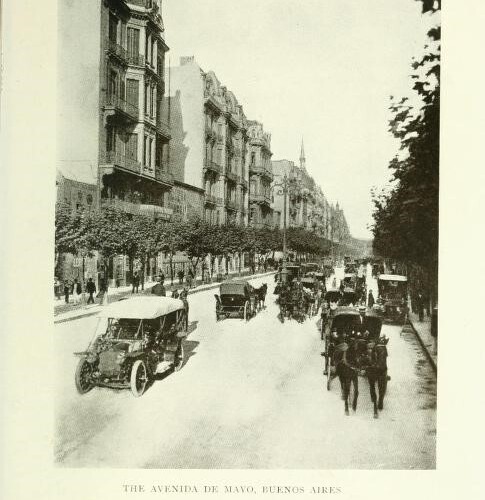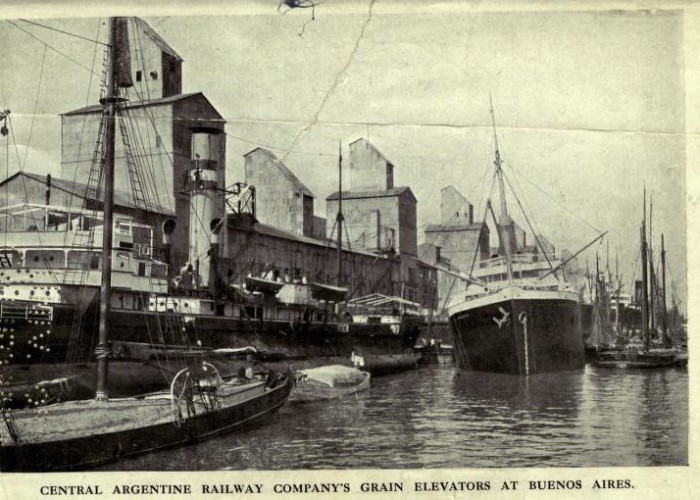Travelers to Buenos Aires
Argentina and Uruguay (excerpt)
Lucas Mertehikian
We don’t know much about Gordon Ross. We don’t know how long he lived in Buenos Aires nor where exactly he had come from. The first pages of his book Argentina and Uruguay only tell us that he served as an official translator for the Fourth Congress of the American Republics, held in 1910, and as a financial editor for The Standard, a journal addressed to the English-speaking community of Buenos Aires, first published in May of 1861 as The Weekly Standard and which kept coming out, with slightly different titles, until 1959. The editors had made their initial statement in the first issue of 1861: “The Weekly Standard in unfurled to the four winds of heaven, not as the emblem of a party or the watchword of rivalry, but as the bond of fellowship between the … Read More »
Travelers to Buenos Aires
Lucas Mertehikian
translated by Jennifer Croft
The history of the Americas has always been inseparable from the notion of travel, and Argentina is no exception to this rule. In fact, the history of Argentina’s literature can only be understood in connection with the men and women who arrived at its shores from far-off lands and wrote about that very experience.
No sooner had Argentina declared its independence than it began to see travelers—many of them from Great Britain—looking to try their luck and explore the commercial prospects of the new nation. The country’s vast plans captivated this multitude of newcomers who, with their aesthetic sensibilities that tended to fall somewhere in between the naturalism and the romanticism of the era, documented this astonishment in numerous books.
Adolfo Prieto has suggested that it was those books that led the first writers … Read More »
The Amazing Argentine [excerpt]
John Foster Fraser
Lucas Mertehikian
translated by Jennifer Croft
In 1899, Scottish writer John Foster Fraser (1868-1936) made a name for himself in Great Britain with his book Round the World on a Wheel, the result of a bicycle trip made with two friends across over ten thousand miles of Europe, Asia and the United States. Unlike other books dedicated to travel, Foster Fraser’s book was not “about anthropology or biology or archaeology.” He made no claims to studying the places he went—only claims to fame: “We took this trip round the world on bicycles because we are more or less conceited, like to be talked about, and see our names in the newspapers,” he states in the preface.
And it worked: over the course of the next few decades, Foster Fraser traveled to and wrote about young … Read More »


![The Amazing Argentine [excerpt]](http://www.buenosairesreview.org/wp-content/uploads/amazingargentine00frasrich_0037-700x500.jpg)



 sending...
sending...